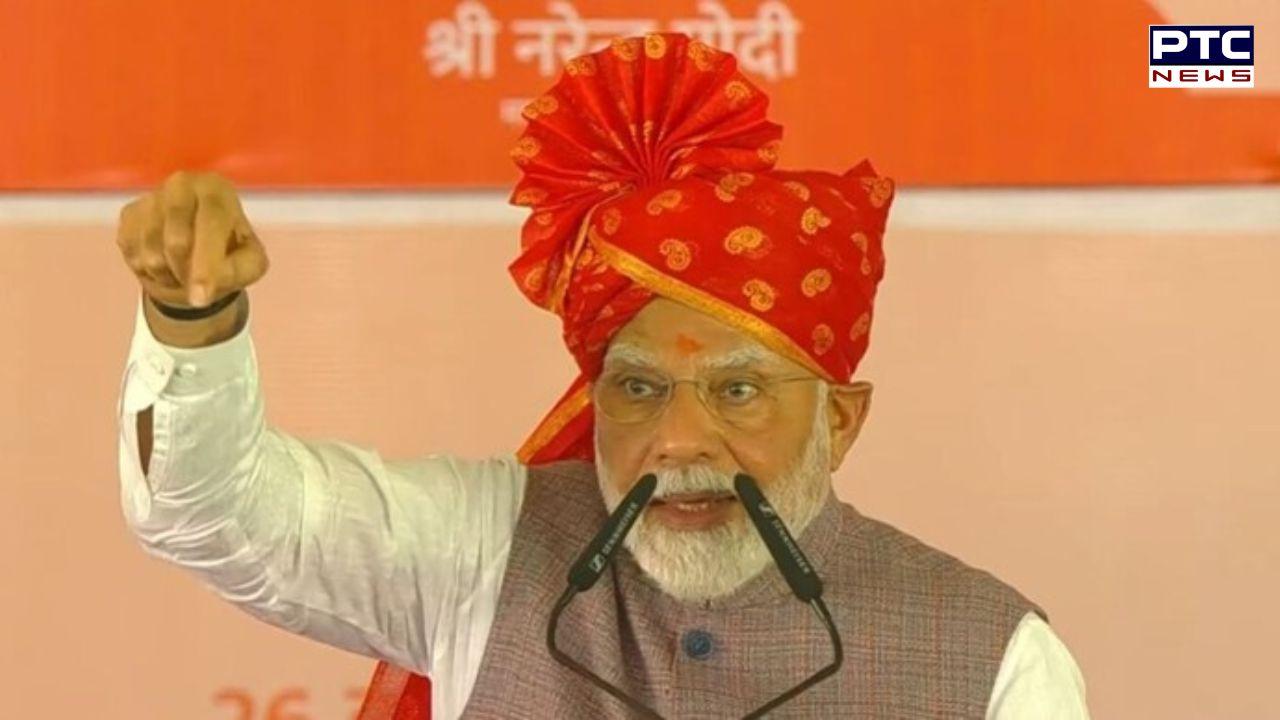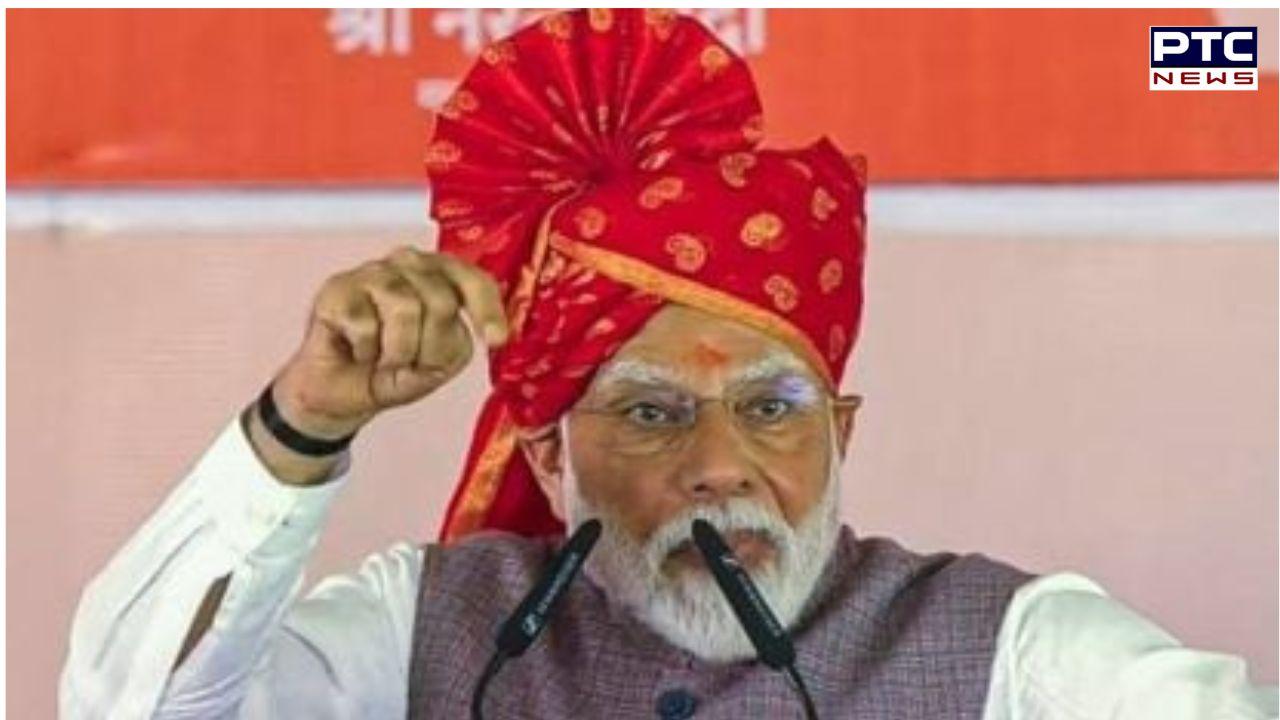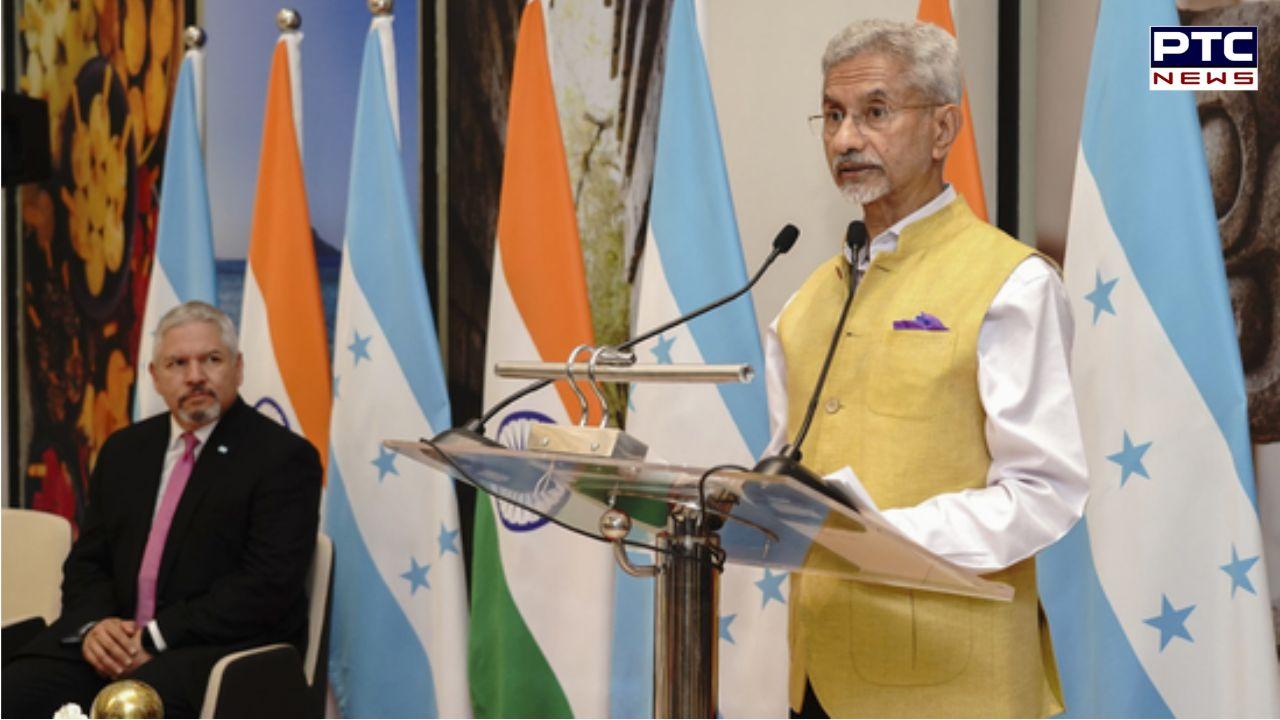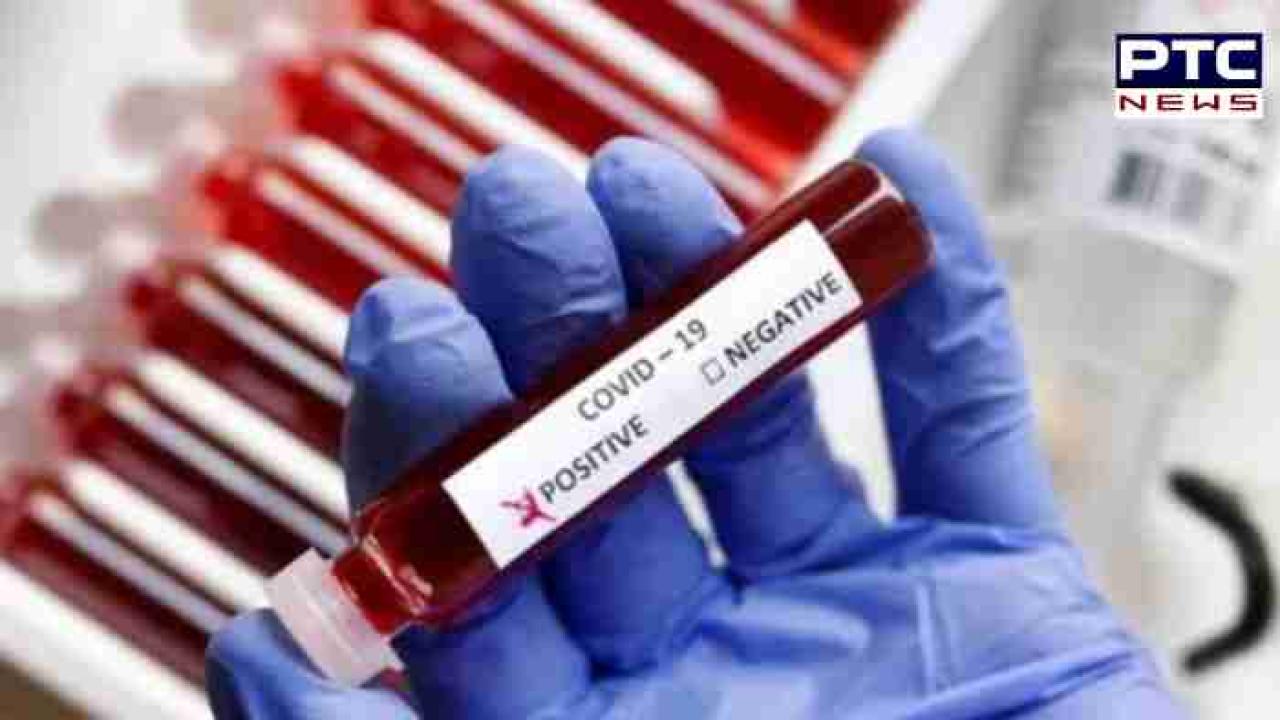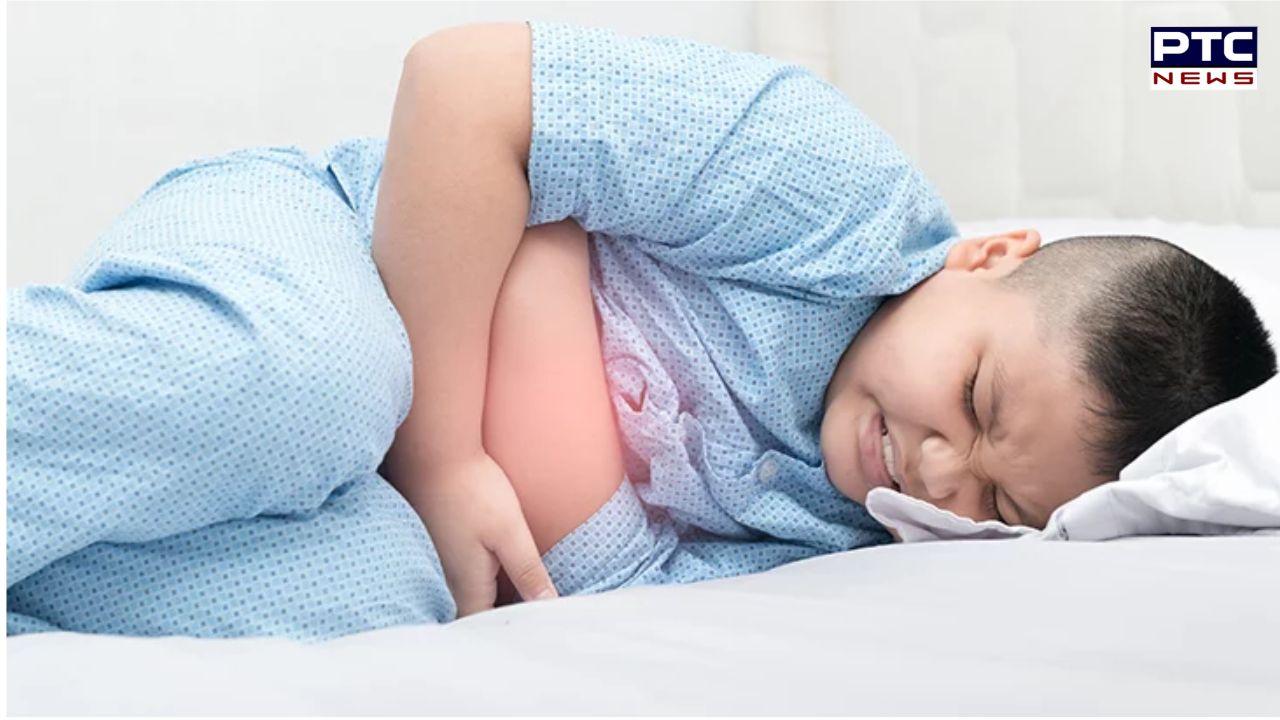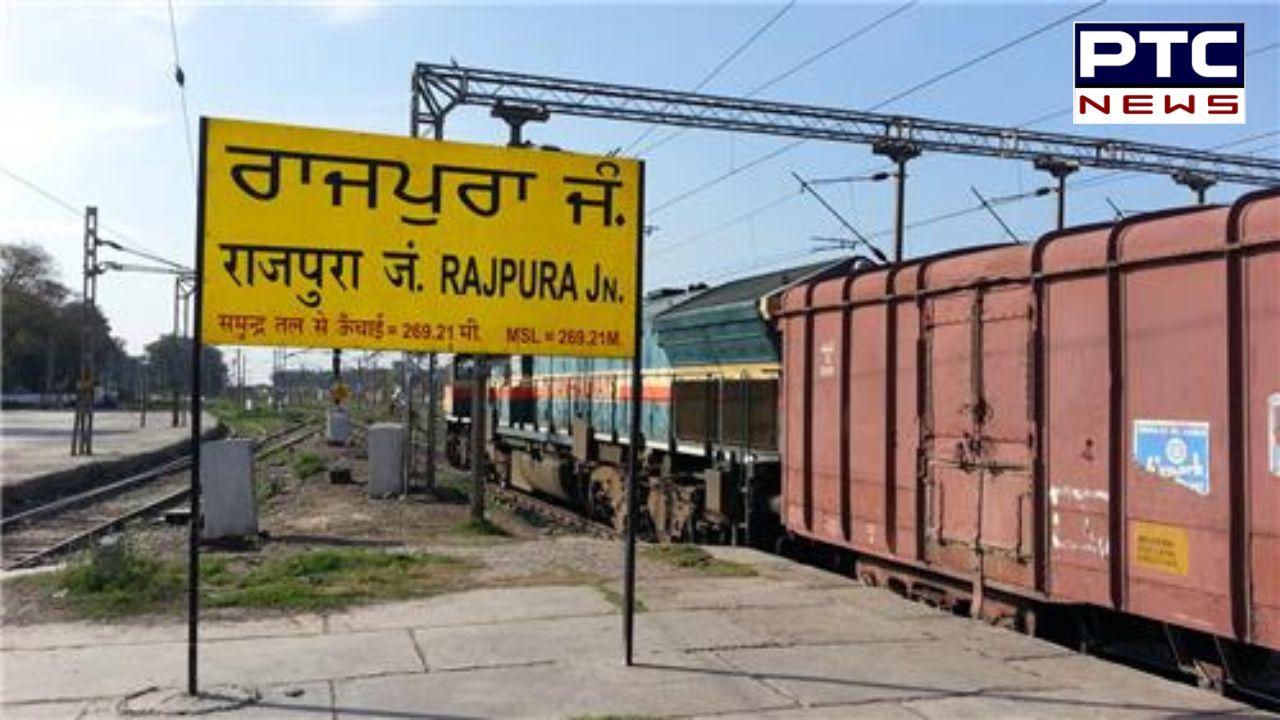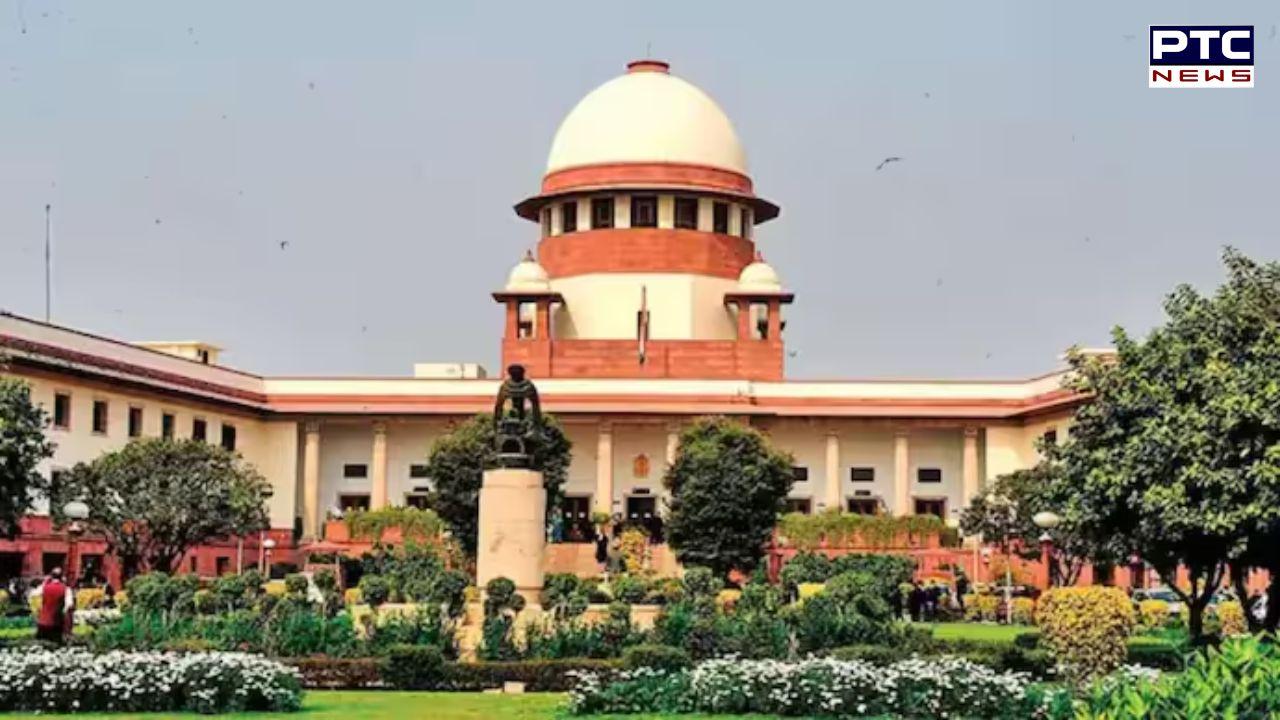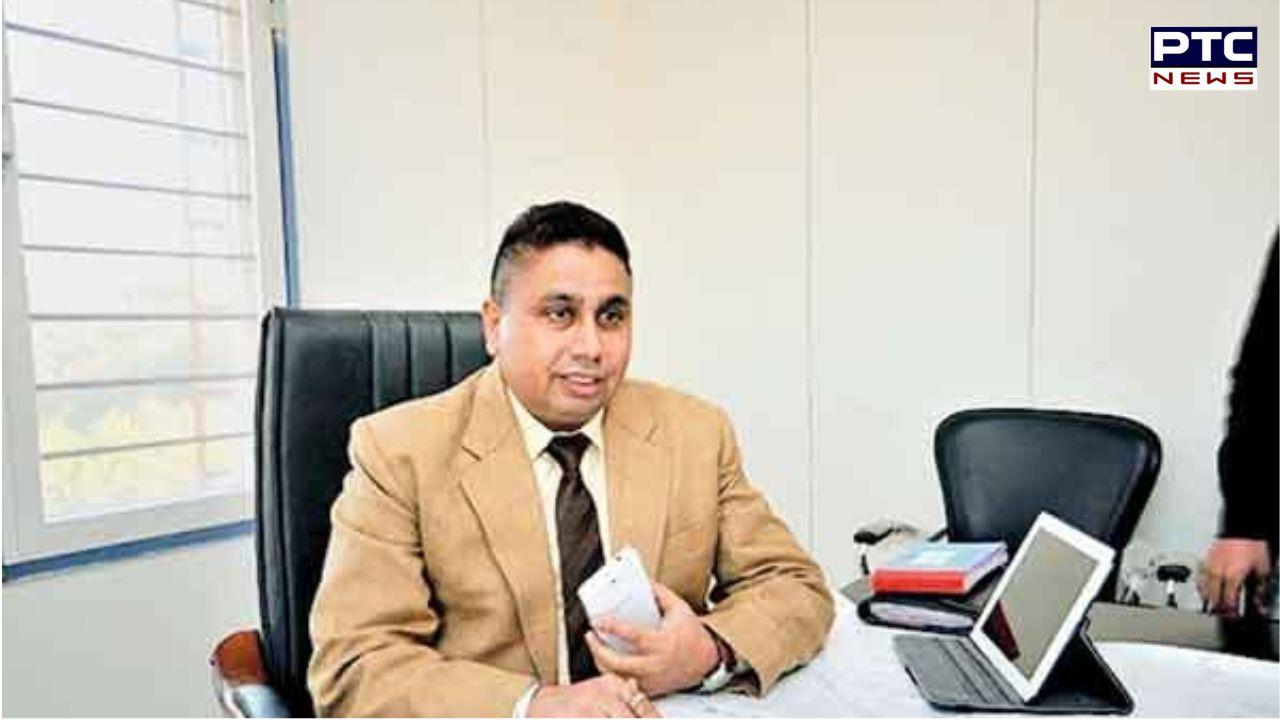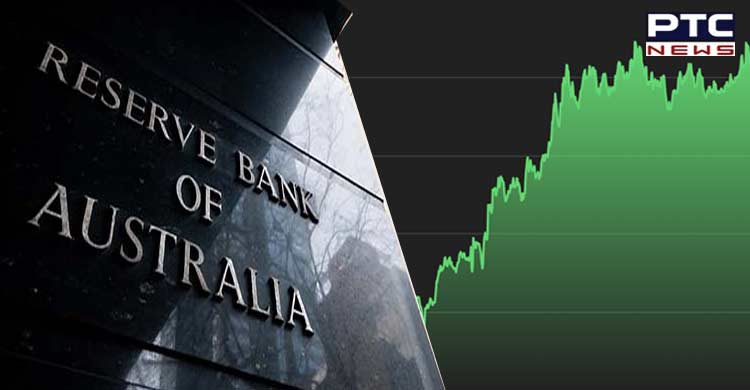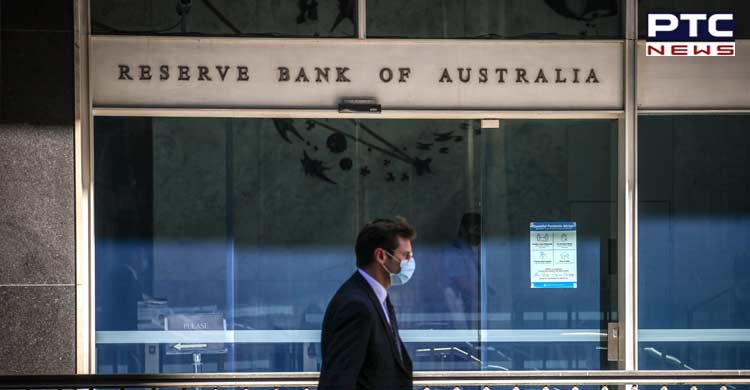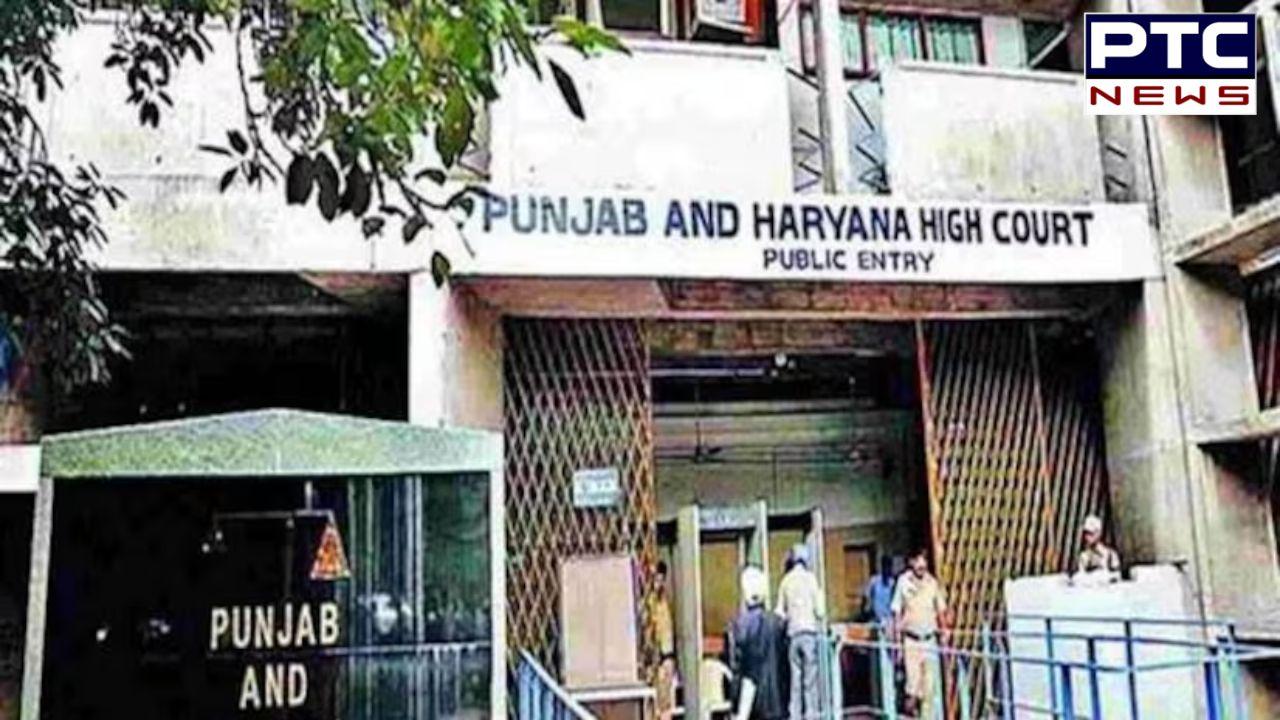
A rise was widely expected after official data released last week showed that Australia's inflation rose to 5.1% in the year through March. It is the highest annual rate since 2001, when a newly introduced 10% federal consumption tax created a temporary spike.
Inflation in the latest March quarter was sharply higher than the 3.5% three months earlier.
The March result was driven by a surge in fuel and housing costs as well as food shortages created by recent Australian floods.
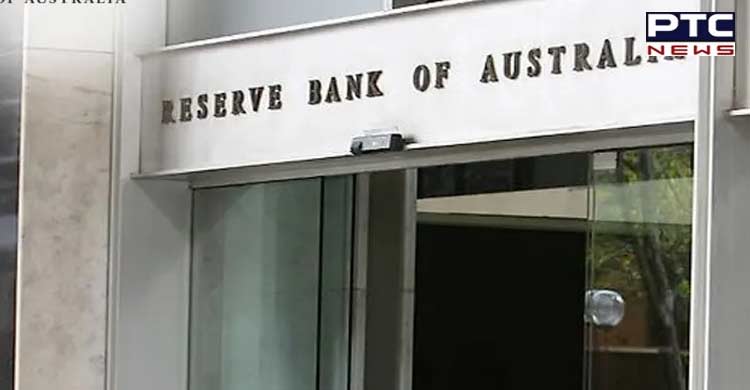 Lowe said while the Reserve Bank expected further rises in inflation in the short-term as supply-side demand is resolved, inflation is expected to return to the RBA's target of 2 to 3 per cent.
The central forecast for 2022 is for headline inflation of around 6 per cent and underlying inflation of around 4.75 per cent, by mid-2024," he said.
Professor Peter Swan from the University of New South Wales's (UNSW) Business School told Xinhua on Tuesday that the move defied expectations of a 0.10 increase. "You'd think it would take them 10 months to go up one per cent... it's setting now the expectation that interest rates will move up very rapidly, and much faster than anyone expected."
Also Read | India logs 2,568 new Covid-19 infections; active caseload 19,137
He added that at this rate it would mean interest rates would increase by 1 per cent every four months, which for a typical Sydney mortgage holder would add about 450 Australian dollars (about 320 US dollars) to their mortgage payments, and 900 Australian dollars (about 640 US dollars) by the end of the year.
Lowe said while the Reserve Bank expected further rises in inflation in the short-term as supply-side demand is resolved, inflation is expected to return to the RBA's target of 2 to 3 per cent.
The central forecast for 2022 is for headline inflation of around 6 per cent and underlying inflation of around 4.75 per cent, by mid-2024," he said.
Professor Peter Swan from the University of New South Wales's (UNSW) Business School told Xinhua on Tuesday that the move defied expectations of a 0.10 increase. "You'd think it would take them 10 months to go up one per cent... it's setting now the expectation that interest rates will move up very rapidly, and much faster than anyone expected."
Also Read | India logs 2,568 new Covid-19 infections; active caseload 19,137
He added that at this rate it would mean interest rates would increase by 1 per cent every four months, which for a typical Sydney mortgage holder would add about 450 Australian dollars (about 320 US dollars) to their mortgage payments, and 900 Australian dollars (about 640 US dollars) by the end of the year.
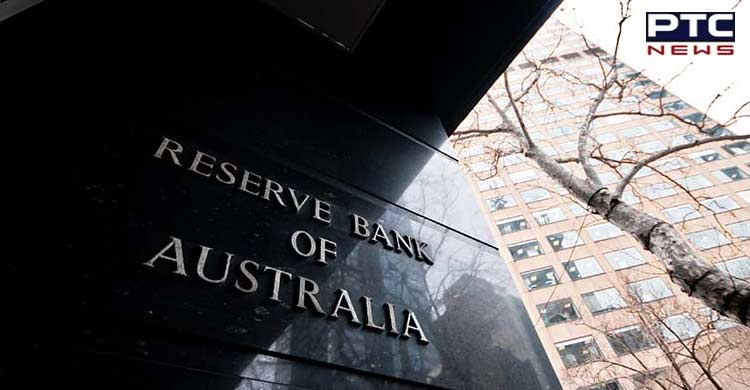 "That's going to be politically painful because one and a half million homeowners have never encountered interest rate rises before."
Swan said Australia's inflationary troubles would not be a quick fix, and interest rates would likely need to reach 2 to 3 per cent before they start having an effect.
Notably, it is the first time that the central bank, whose independence of government was enshrined in legislation in 1996, has shifted interest rates during a federal election campaign since 2007.
-PTC News
"That's going to be politically painful because one and a half million homeowners have never encountered interest rate rises before."
Swan said Australia's inflationary troubles would not be a quick fix, and interest rates would likely need to reach 2 to 3 per cent before they start having an effect.
Notably, it is the first time that the central bank, whose independence of government was enshrined in legislation in 1996, has shifted interest rates during a federal election campaign since 2007.
-PTC News










